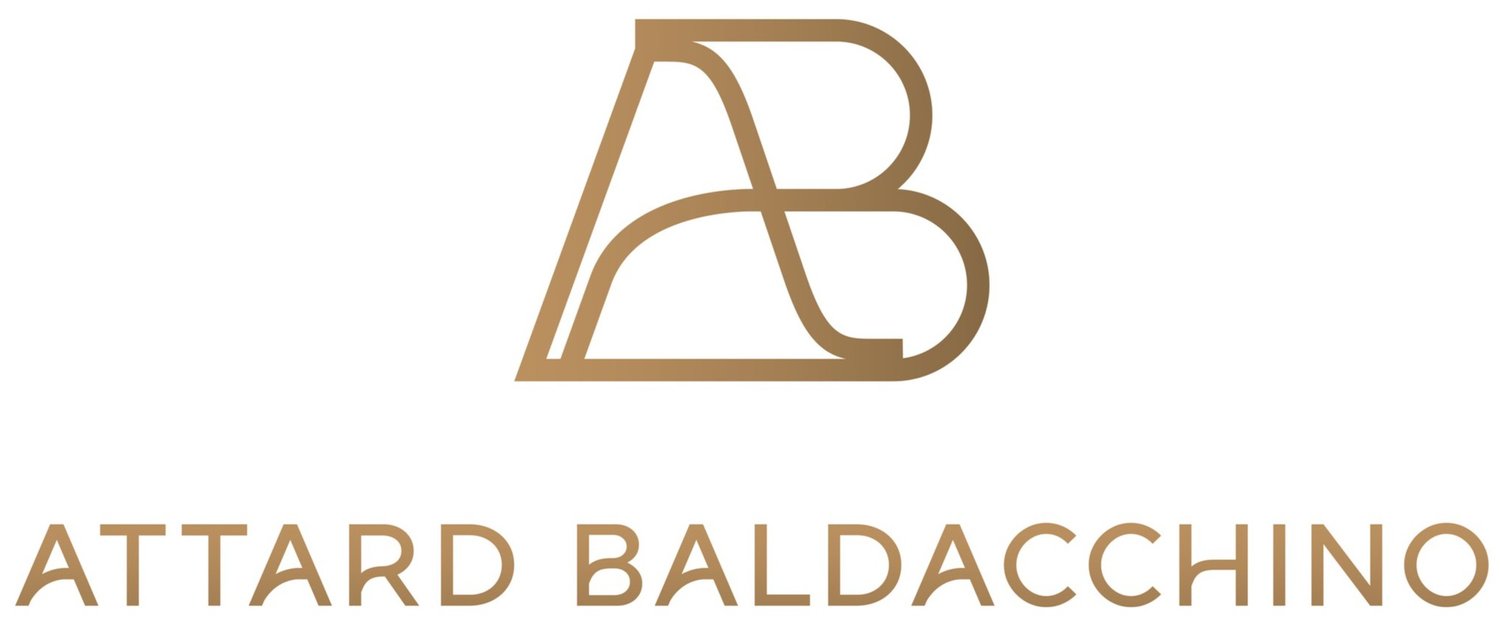Malta Digital Nomads Subject to New Tax Rules as of 2024
The Government of Malta has established clarity for Malta’s nomad residence permit holders though the introduction of new tax rules for digital nomads residing in and working from Malta. Under the legal notice, 'Nomad Residence Permits (Income Tax) Rules 2023', individuals with a valid nomad residence permit issued by Residency Malta Agency (RMA) will be subject to a flat income tax rate of 10% on income derived from "authorised work”, subject to certain exemptions.
In terms of the new rules, "[a]uthorised work" is defined as services provided by an eligible main applicant through employment with an employer who is not a resident of Malta and does not conduct business in Malta through a fixed place of business. It also includes services rendered by self-employed individuals for clients who are not based in Malta and do not operate through a fixed place of business in Malta, with their services being conducted remotely.
Income derived from authorised work will be considered the initial part of the individual's total chargeable income for a specific assessment year in Malta, although digital nomads subject to these new rules will also be eligible for double taxation relief as long as certain conditions are satisfied. Furthermore, the new rules also provide an exemption period of 12 months, starting either from the issuance date of the nomad residence permit, or January 1, 2024, whichever is later. During this initial 12-month period, eligible applicants are exempt from the requirement to register for income tax purposes in Malta, and are also exempt from paying income tax on income derived from authorised work. On the other hand, if the applicant submits a written declaration to the Residency Malta Agency that their presence in Malta during the initial 12-month period is not merely of a casual nature, then the applicant would not qualify for such exemption and would be required to register in Malta for tax purposes, and also declare their income arising from authorised work in their Maltese tax return for such period.
Individuals who are not eligible for the aforementioned exemption are required to register for tax purposes in Malta, aggregate their total income from authorised work for reporting purposes, and pay a 10% income tax rate on the gross amount reported. Any other income generated by the individual that doe not classify as authorised work shall be subject to Malta's general taxation rules.
Notwithstanding the above, if an eligible applicant has paid a rate of at least 10% tax on income arising from authorised work outside of Malta, and can prove with both official and written documentation to the Residency Malta Agency that such tax has been paid, there is no requirement to report that income for Maltese tax purposes. Subject to the the documentary evidence provided being vetted and approved by the Residency Malta Agency, the applicant would not be required to report such income for Maltese income tax purposes since it shall be deemed to have been settled through double taxation relief.
In conclusion, the rules also provide for anti-abuse provisions, whereby if any eligible main applicant utilises such rules to gain an undue advantage that reduces their liability to tax, the Malta’s Commissioner for Revenue may determine the individual’s liability to tax in a manner and amount that would nullify any undue benefit or advantage.
This blogpost is being published strictly for informational and educational purposes, and should be correct and accurate at the time of publication. The content of this publication should not be considered as formal legal, immigration, or tax advice.



